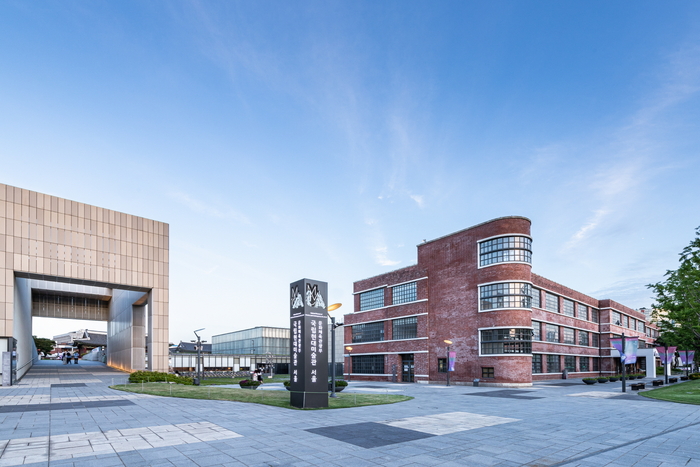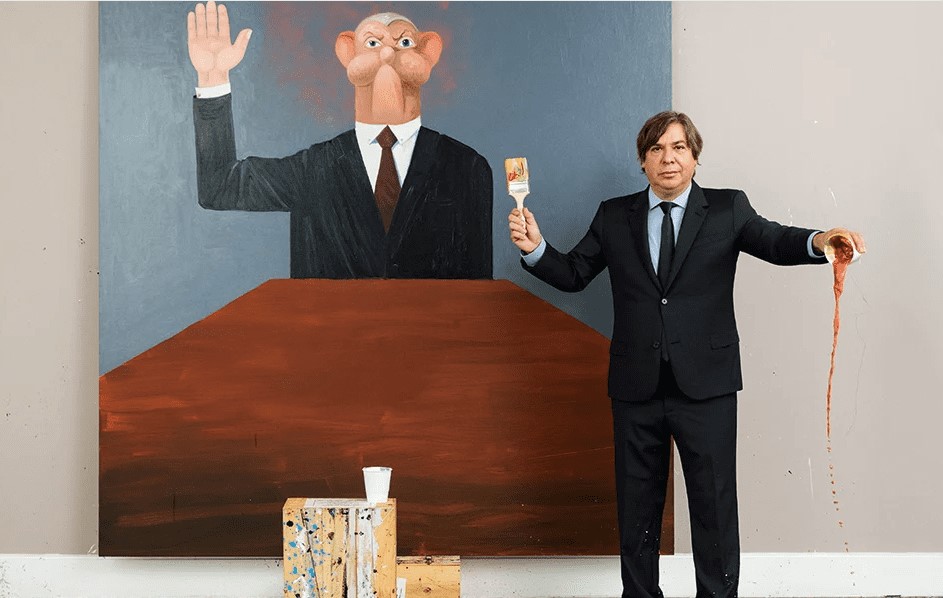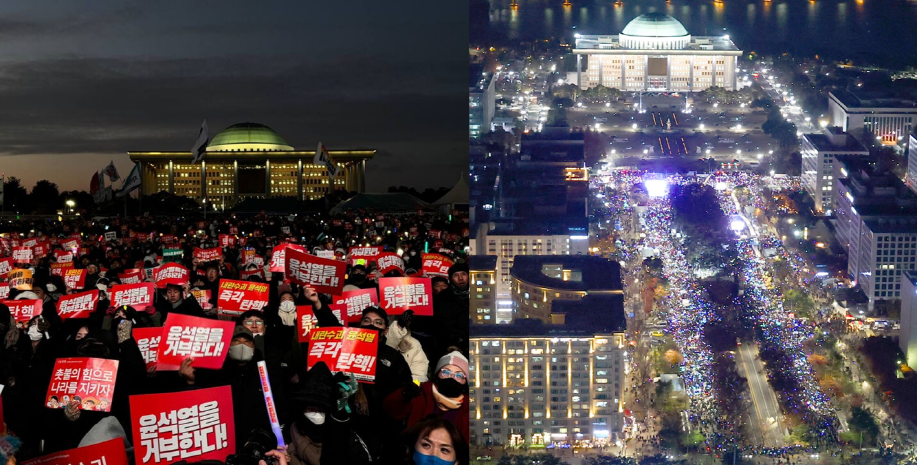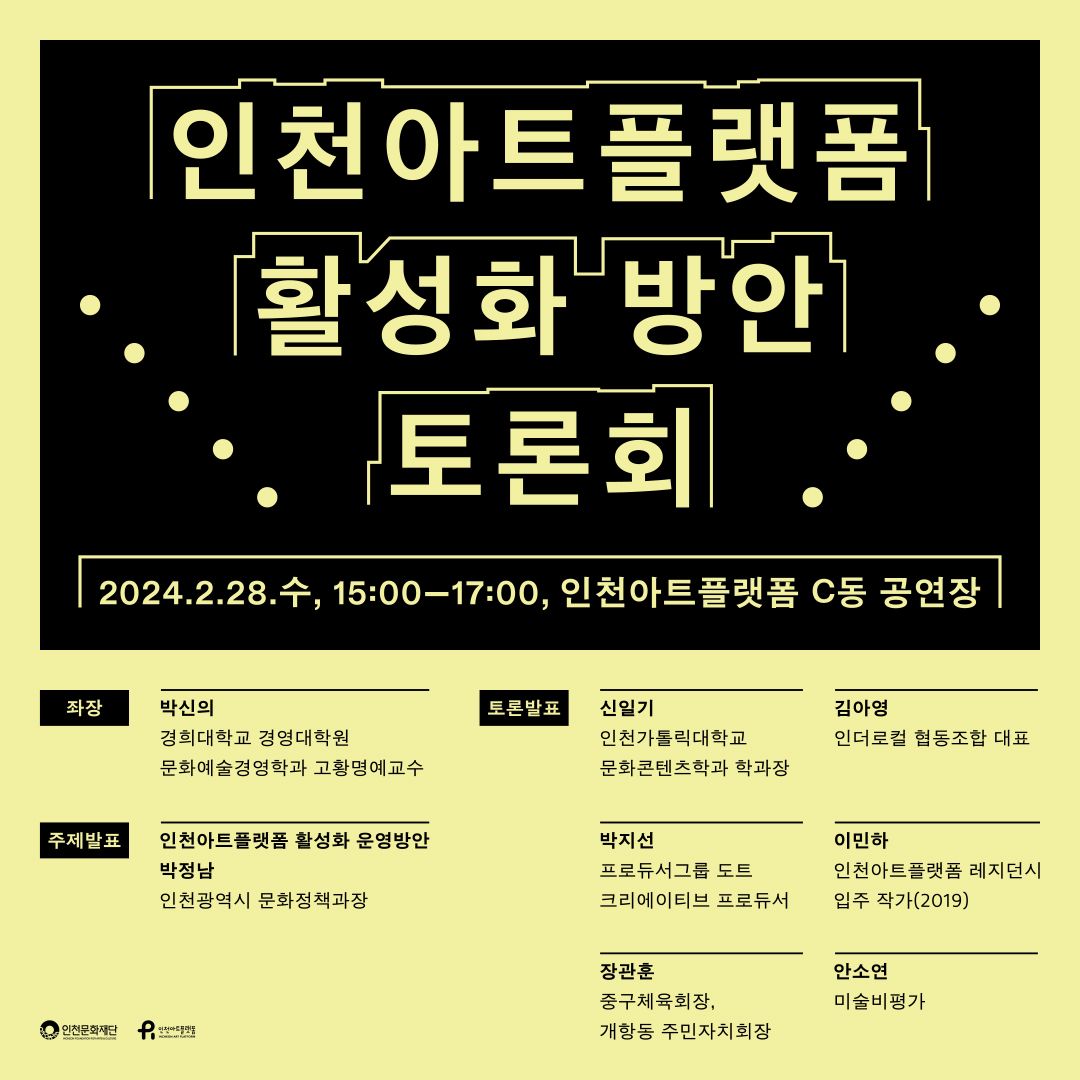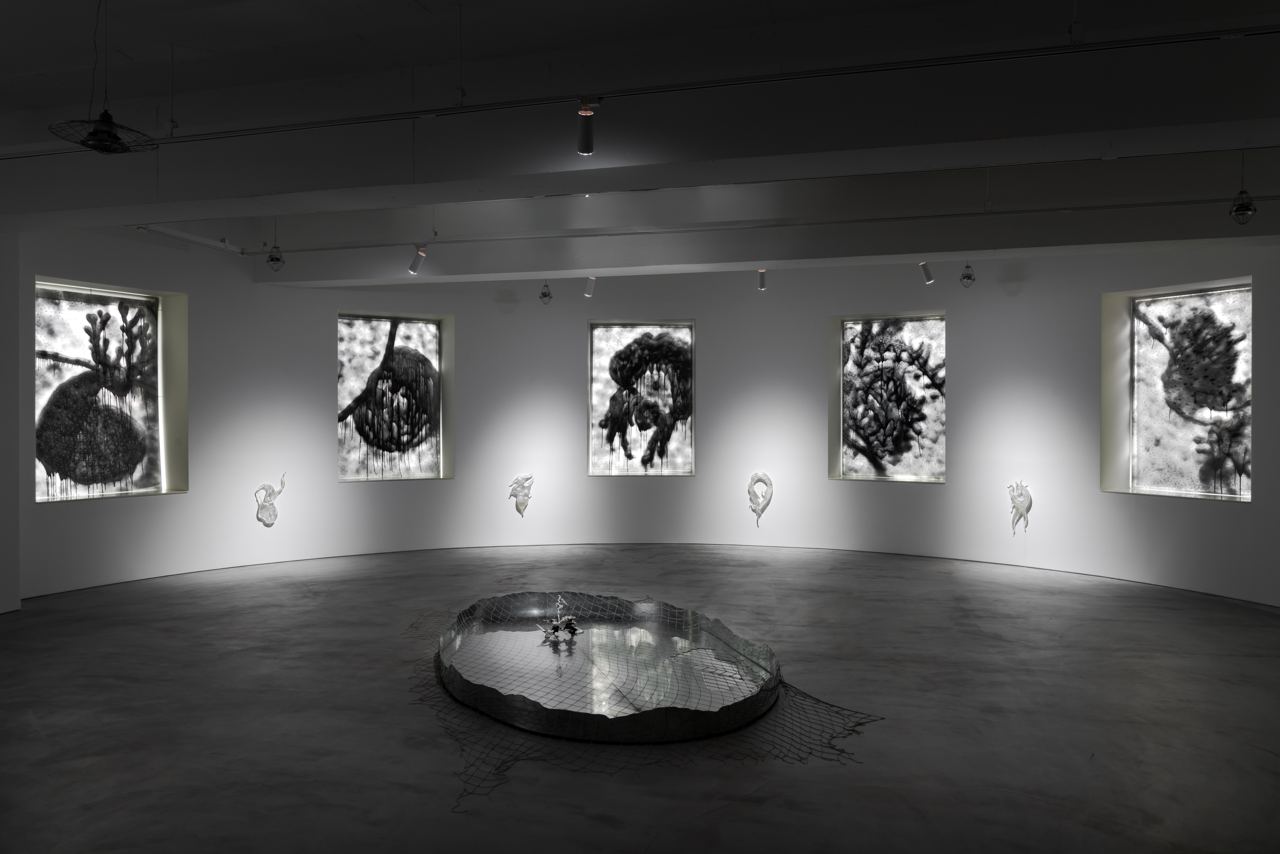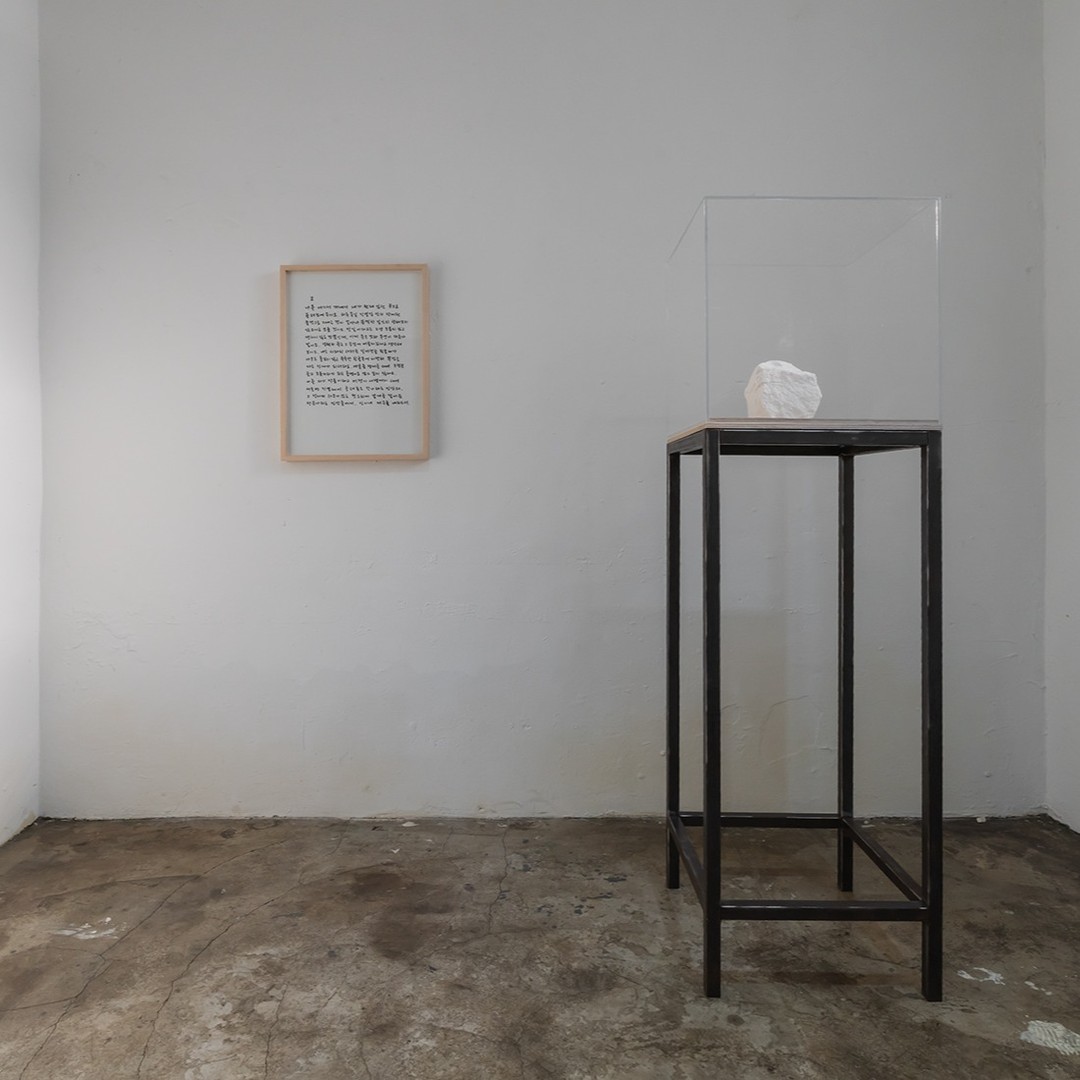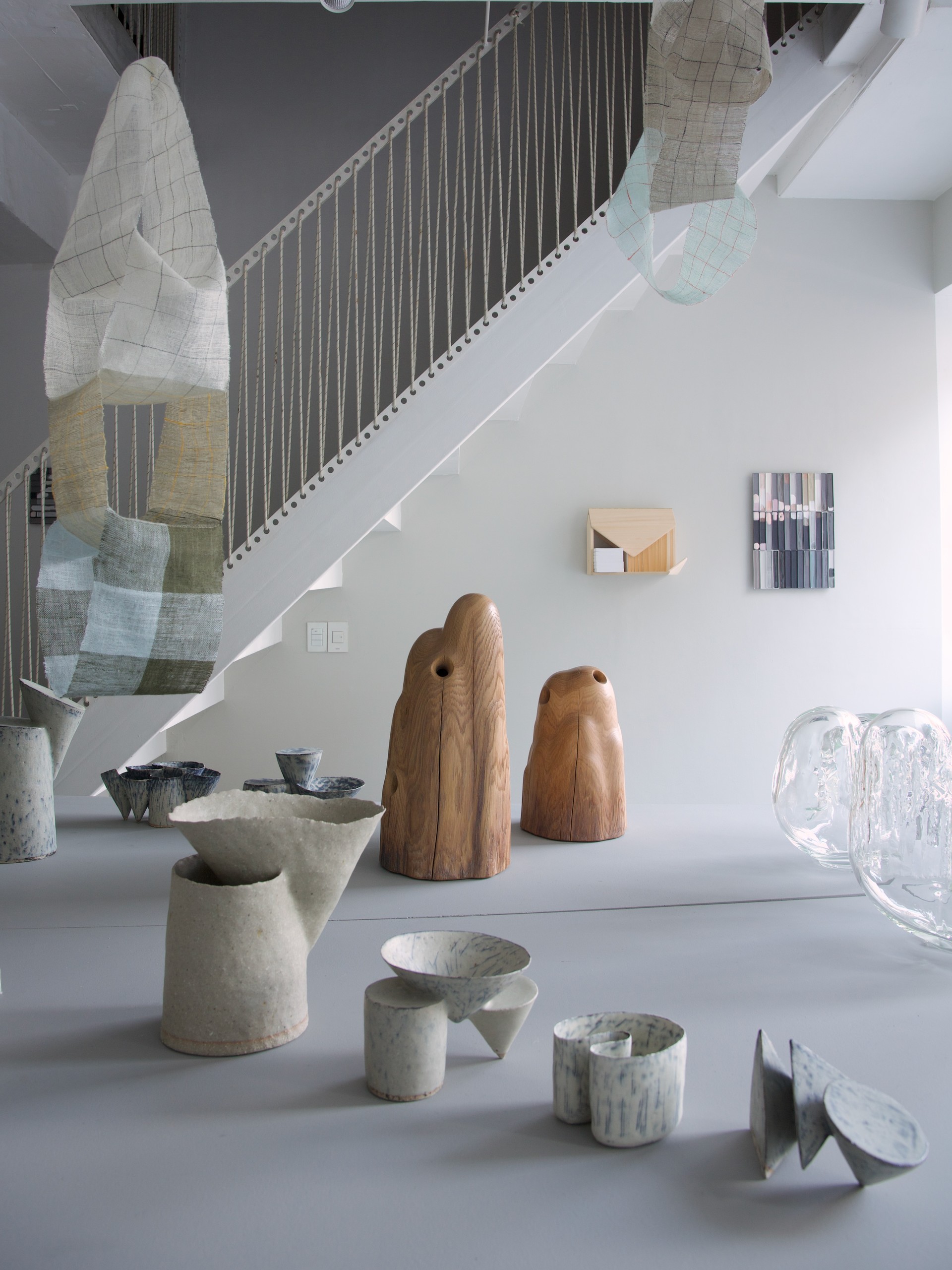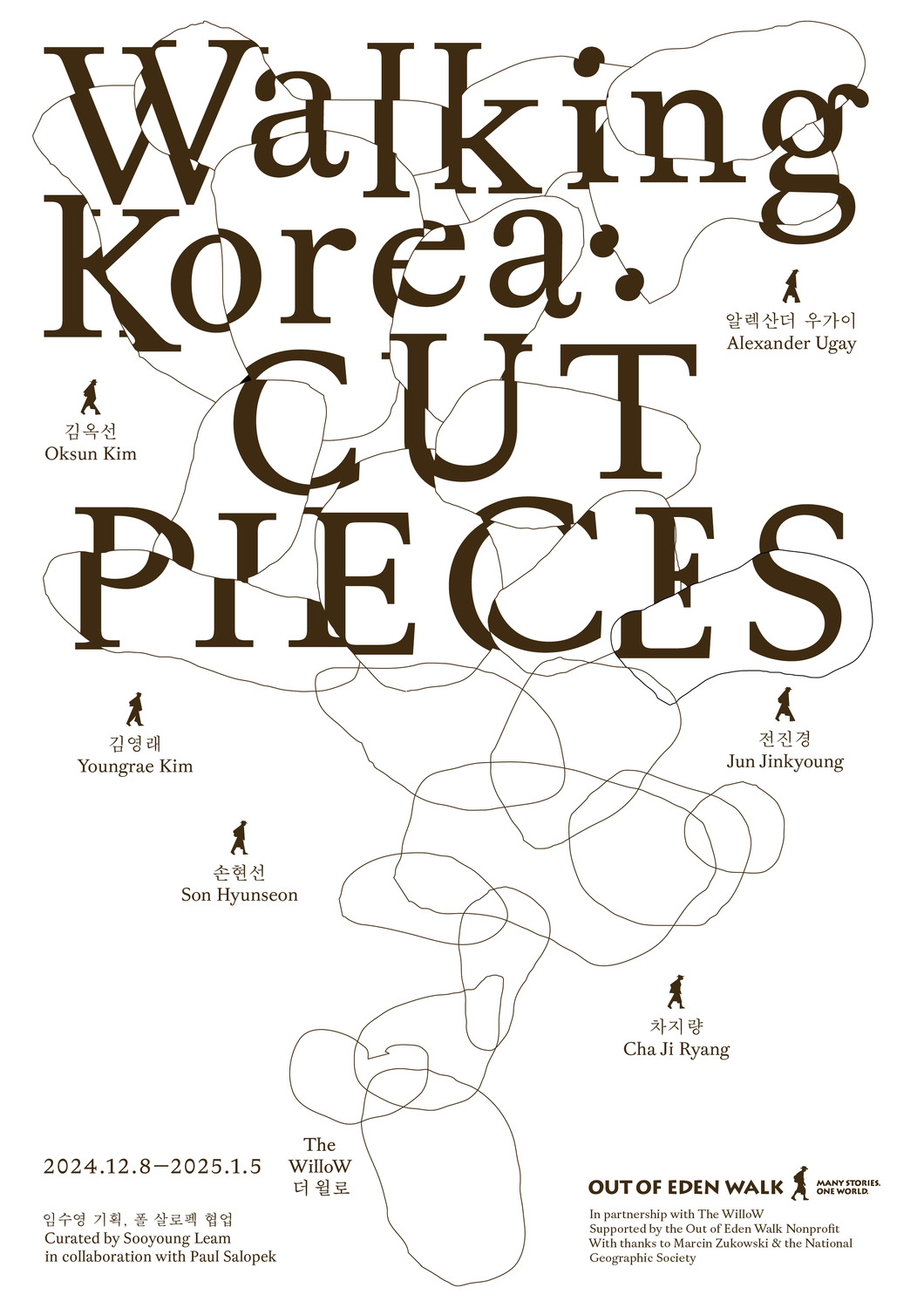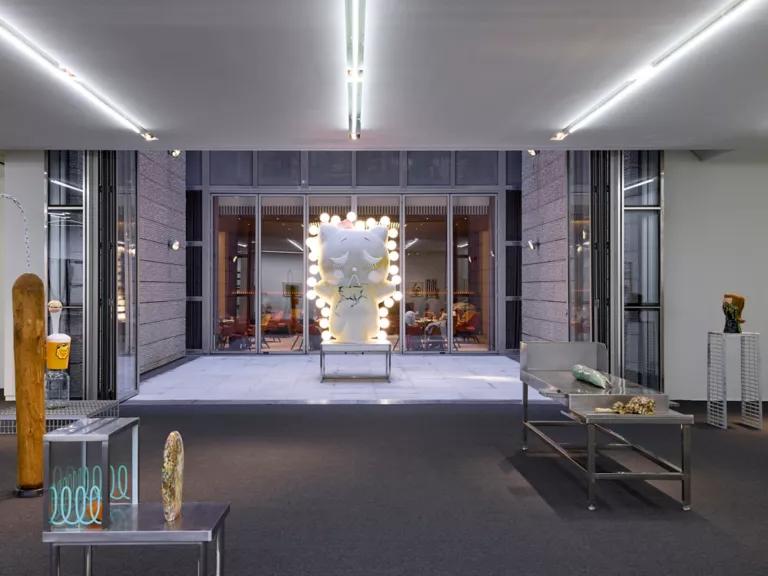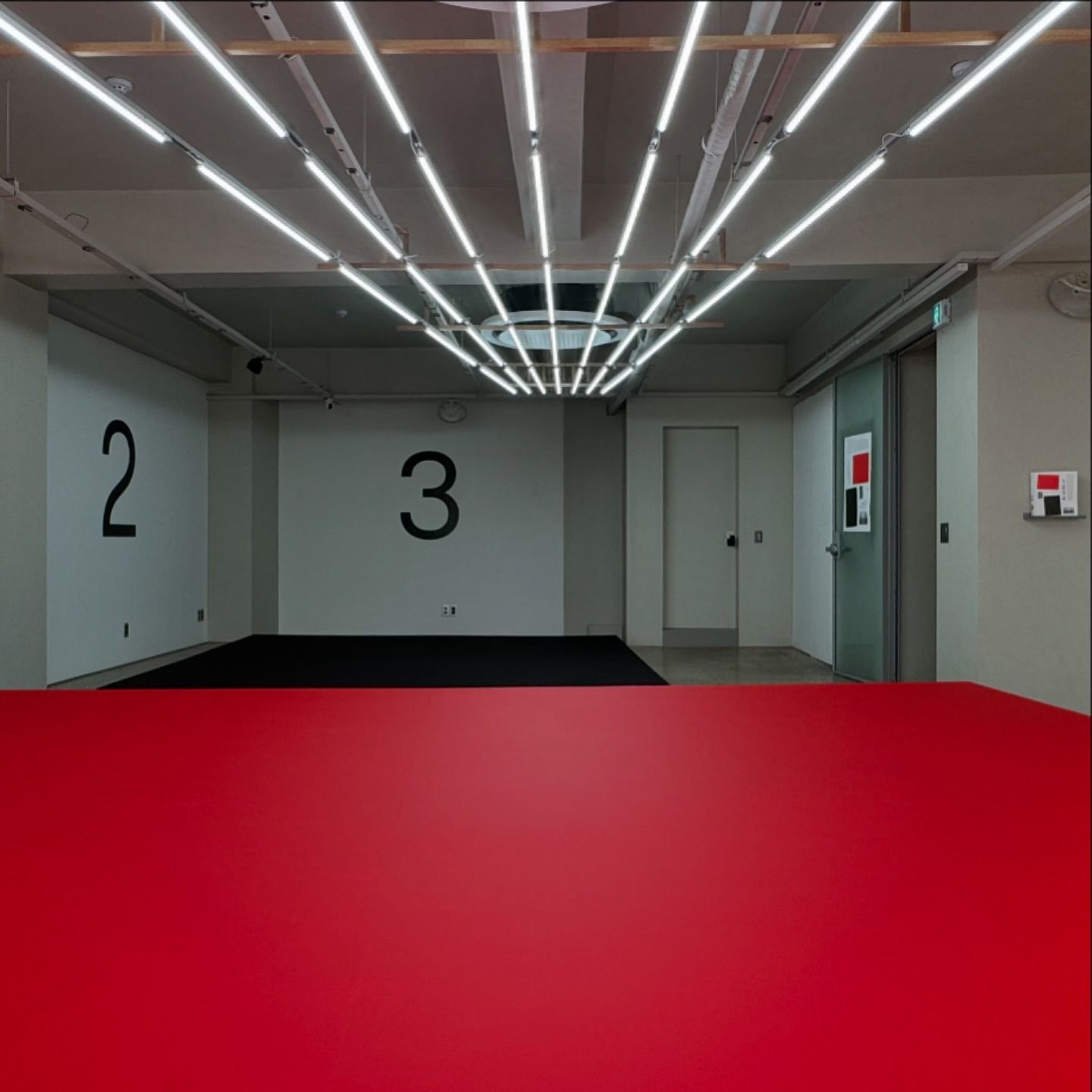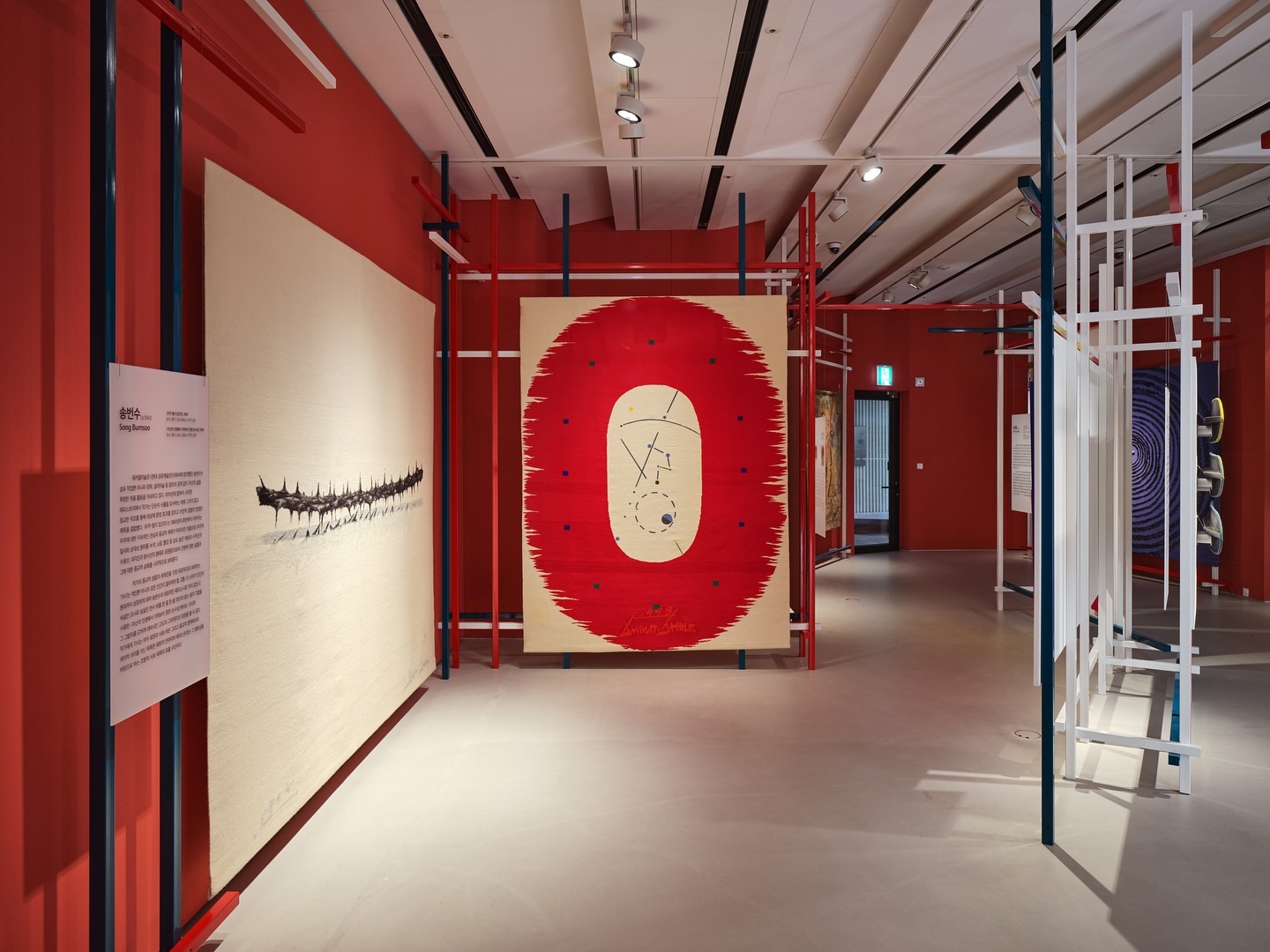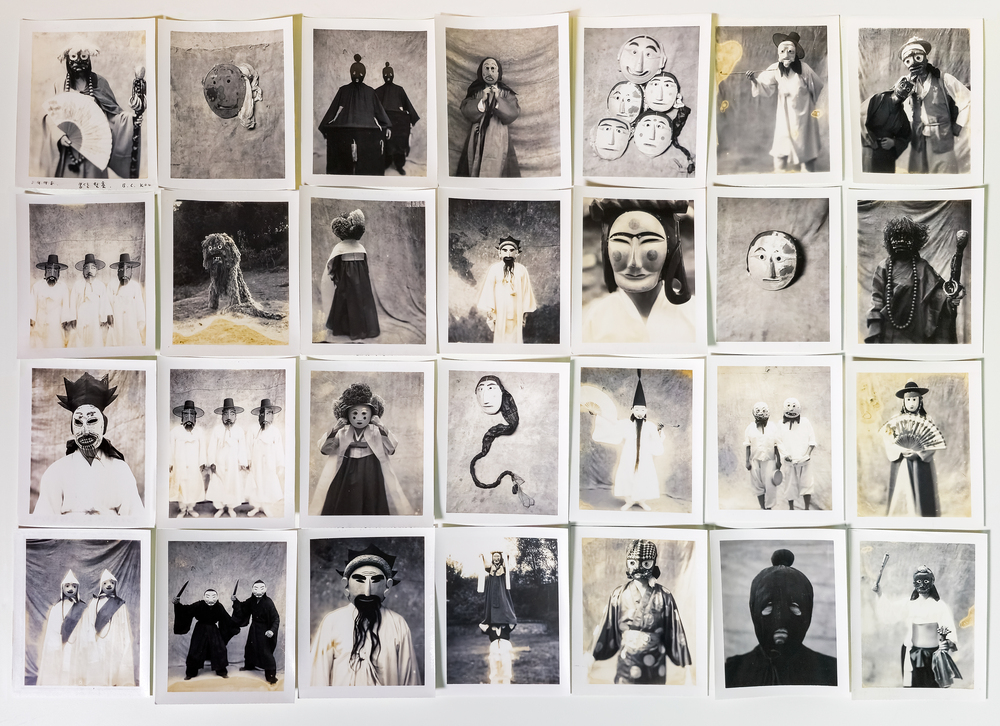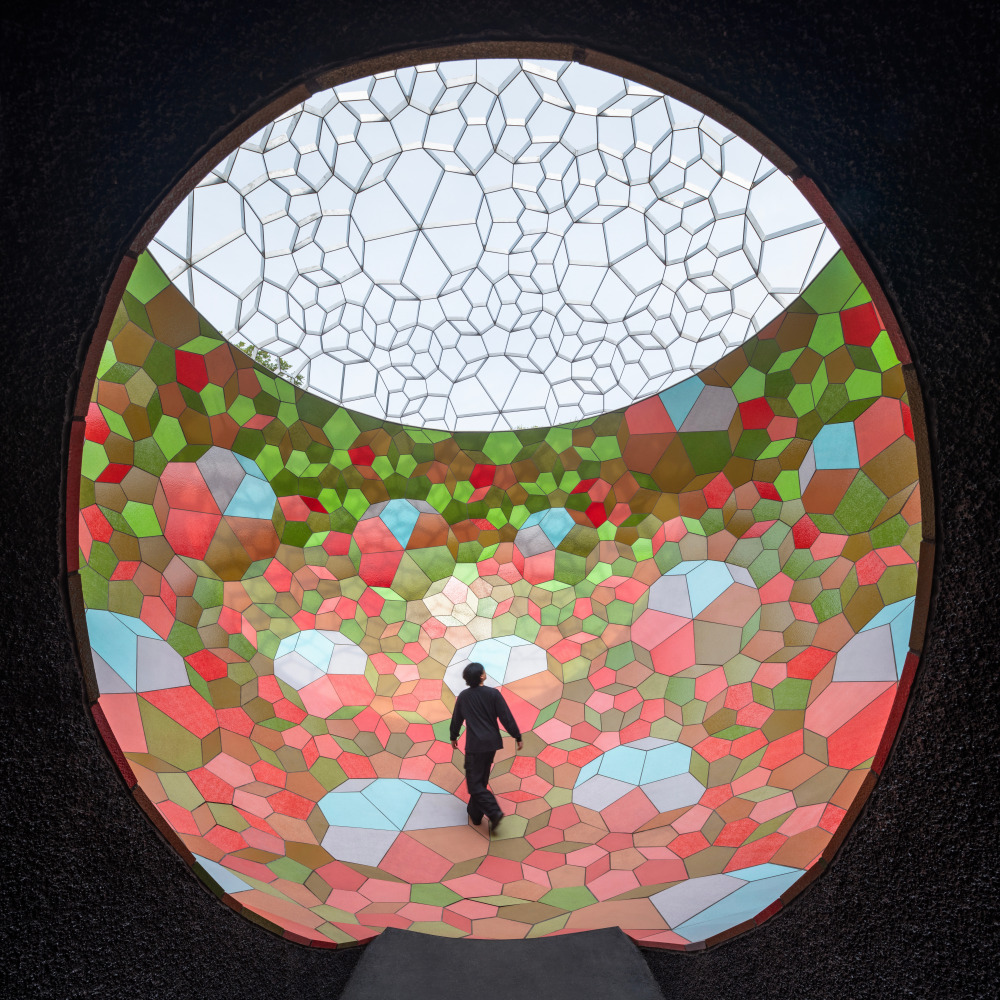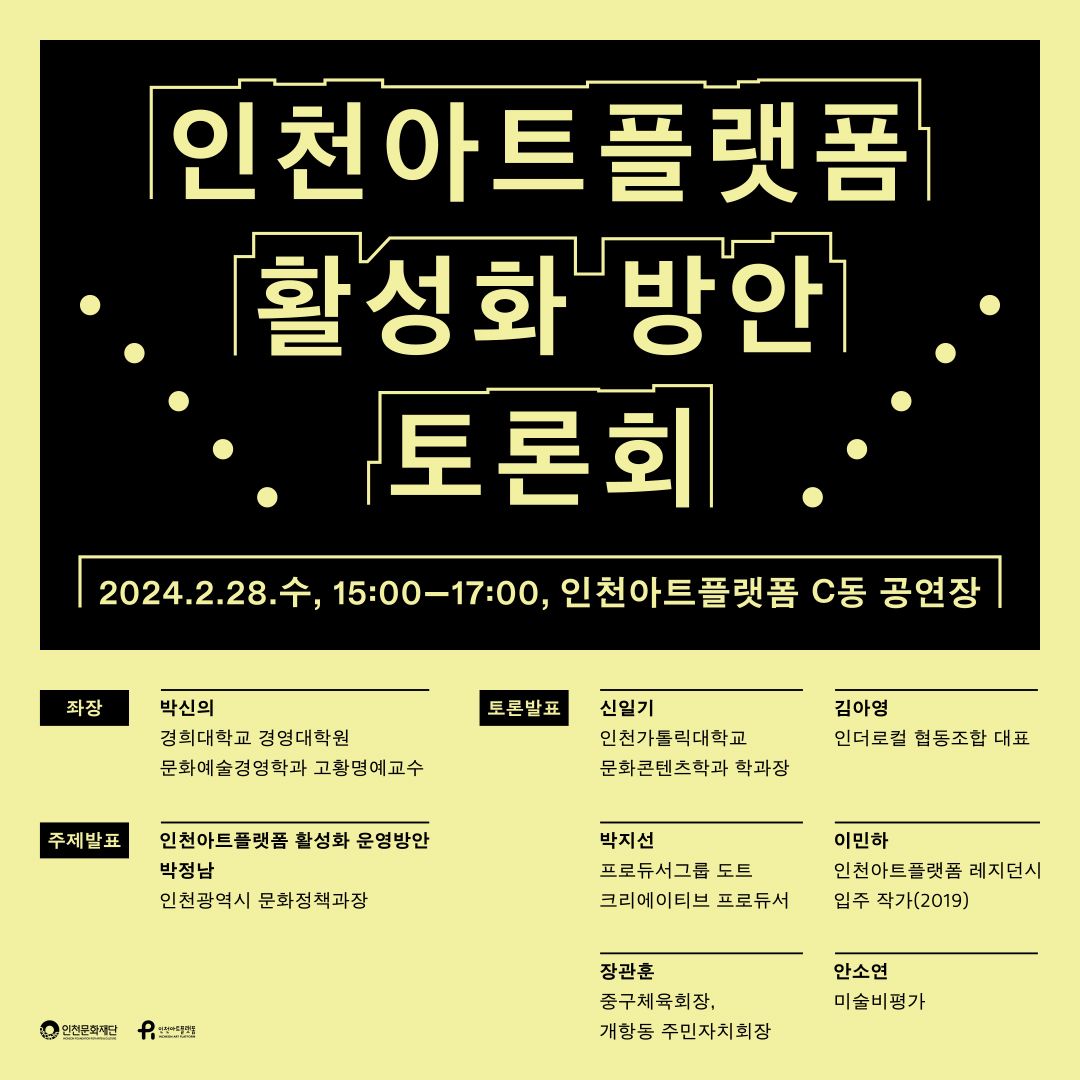
Poster Image of the Forum on Incheon Art Platform ©Incheon Art Platform
On February 28, the Incheon Foundation for Arts and Culture held a forum on how to revitalize the Incheon Art Platform.
At this Forum, the plans to revitalize the Incheon Art Platform are announced, but the policy direction of its main business, artist residencies, remains unknown. The Incheon Art Platform residencies and exhibitions are currently temporarily suspended, and there is a critical public opinion within the art world that they should be resumed and continued.
Some of the revitalization initiatives presented at the discussion were to transform Incheon Arts Platform into a cultural experience space, such as creating a civic busking space, making busking a permanent performance, expanding the street art festival, installing landscape lighting and media facades, attracting drama and commercial filming, and creating a photo zone for uploading on Instagram. Existing creative spaces will be reorganized to support music, literature, video, and other artistic activities, and to operate as “1-3-5 person project type” and “open lab format”. It also announced plans to expand citizen participation programs such as ‘One Day Class’ and support cultural activities specialized for the port.
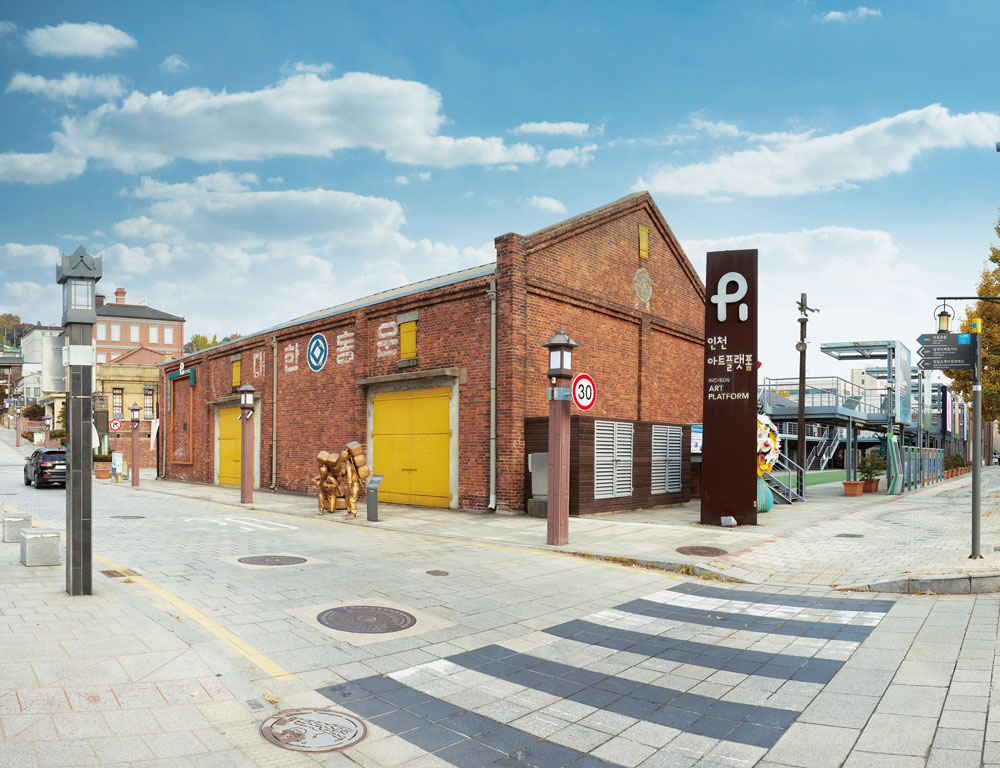
Incheon Art Platform ©Incheon Tourism Organization
Incheon city said it will decide on the direction of the residency program based on the opinions expressed at the forum. Most of the panelists at the forum were against the abolition of the nationwide residency program. Park Shin Eui, a professor of culture and art management at Kyung Hee University’s Graduate School of Business, said, “Incheon should never conduct low-level tourism projects to regenerate through culture and arts,” and argued that “the role of art is to change individuals and society through the social impact of uselessness, or ‘de-utility.’”
And artist Minha Lee, who was a resident at Incheon Art Platform in 2019, spoke as a panelist, said, “Unlike popular art, fine art rarely provides meaningful rewards to its artists, and it is difficult to connect their work to specific economic outcomes, which is why there is a cultural policy to support artists with work spaces and work expenses through taxes,” and “fine art can escape the logic of capitalism.”



